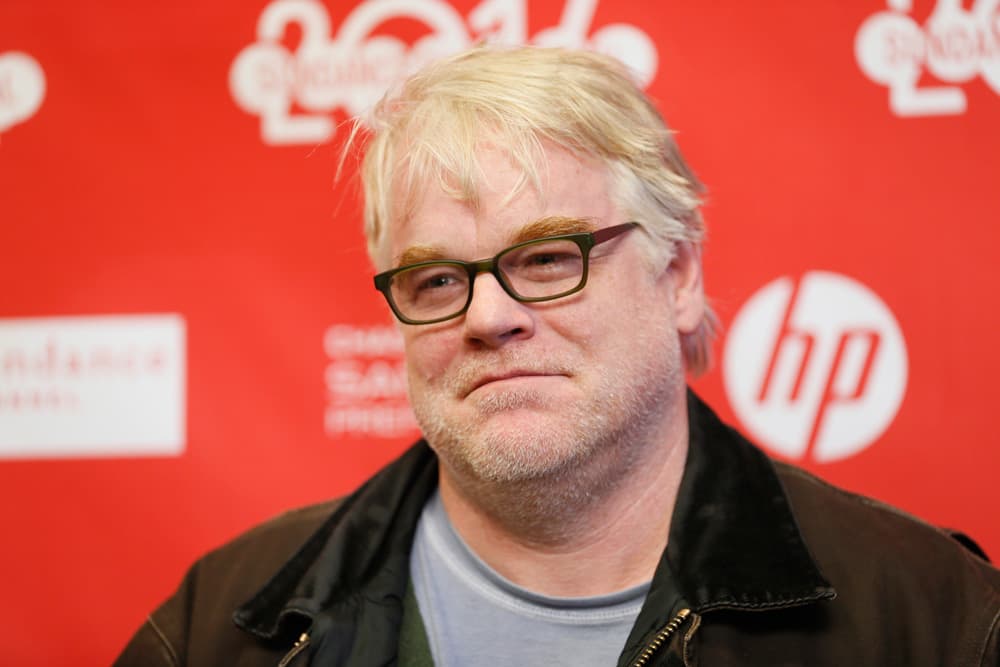Advertisement
Addiction, Once Again In The News, Affects Us All
Guest contributor
Today, as we have done on too many other days, we are talking about a great talent lost too soon to the disease of addiction. But while today we mourn the tragic death of the gifted actor Philip Seymour Hoffman — someone who lived in the public eye — every day someone, somewhere mourns a loved one lost to addiction. It affects us all. It should only take a moment to think of someone in your life with addiction. There are many stressors that can contribute to an addiction problem, and while they may be different for an actor as opposed to a blue-collar worker, they are shared by all of us. Addiction is not homogenous. It doesn’t care what you look like, what age you are, or what socioeconomic background you have.
Every day in the United States, 105 people die as a result of drug overdose, and another 6,748 are treated in emergency rooms across the country for the misuse or abuse of drugs. Addiction to opioids like oxycodone and heroin can happen quickly and end catastrophically. Often people are introduced to prescription opioids like oxycodone after a surgery or by friends, and the powerful high can become something that consumes their lives. Time and money are spent chasing this high, and relationships and careers suffer. It is expensive to finance a prescription opioid habit, so many end up turning to the cheaper, yet still incredibly powerful, heroin. When using heroin, it is difficult to know exactly what you are injecting and how much, sometimes tragically resulting in accidental overdoses.

We can do many things to prevent bad outcomes from addiction. The first step is recognizing that, despite the stigma associated with it, addiction is a chronic medical illness like asthma, diabetes, or high blood pressure.
It is too often assumed that addiction is a sign of moral weakness or lack of willpower, but there is a strong genetic component to it that makes some people more likely to become addicted to drugs. Addiction never completely goes away, but, with treatment, people with addiction can do well in relationships, work, and school. Treatment programs, behavioral therapy, support groups and even medication can be parts of successful treatment regimens. The use of medications can be controversial, although we would not think twice about taking a medication for diabetes or high blood pressure if we knew it would help us manage these problems.
It is important to be on the lookout for those around us with addiction. Behavior that is out of character — missing work or school, moodiness or irritability, or general withdrawal from daily routines — can signal problems. If someone you care about might have a problem, ask them about it. If you do uncover an addiction problem, never worry alone. There are people — your family doctor, the school nurse, addiction specialists — that can help. I see people every day in my practice that have been clean and sober for years, and their lives have been changed by the treatment they received.
Finally, support those working to fight addiction just as you would support those working to fight other medical issues. There is important, cutting-edge addiction research going on right now that would benefit from support. Treatment centers are working around the clock helping patients and families fight addiction. Law enforcement agencies and family-run organizations like Learn to Cope are taking steps to make the anti-opioid overdose medication naloxone more available.
Do something today to help someone with addiction so that something positive can come out of an otherwise sad and tragic story.
Kevin P. Hill, M.D., M.H.S., is an Assistant Professor of Psychiatry at Harvard Medical School and Psychiatrist-In-Charge at McLean Hospital Alcohol and Drug Abuse Treatment Program.